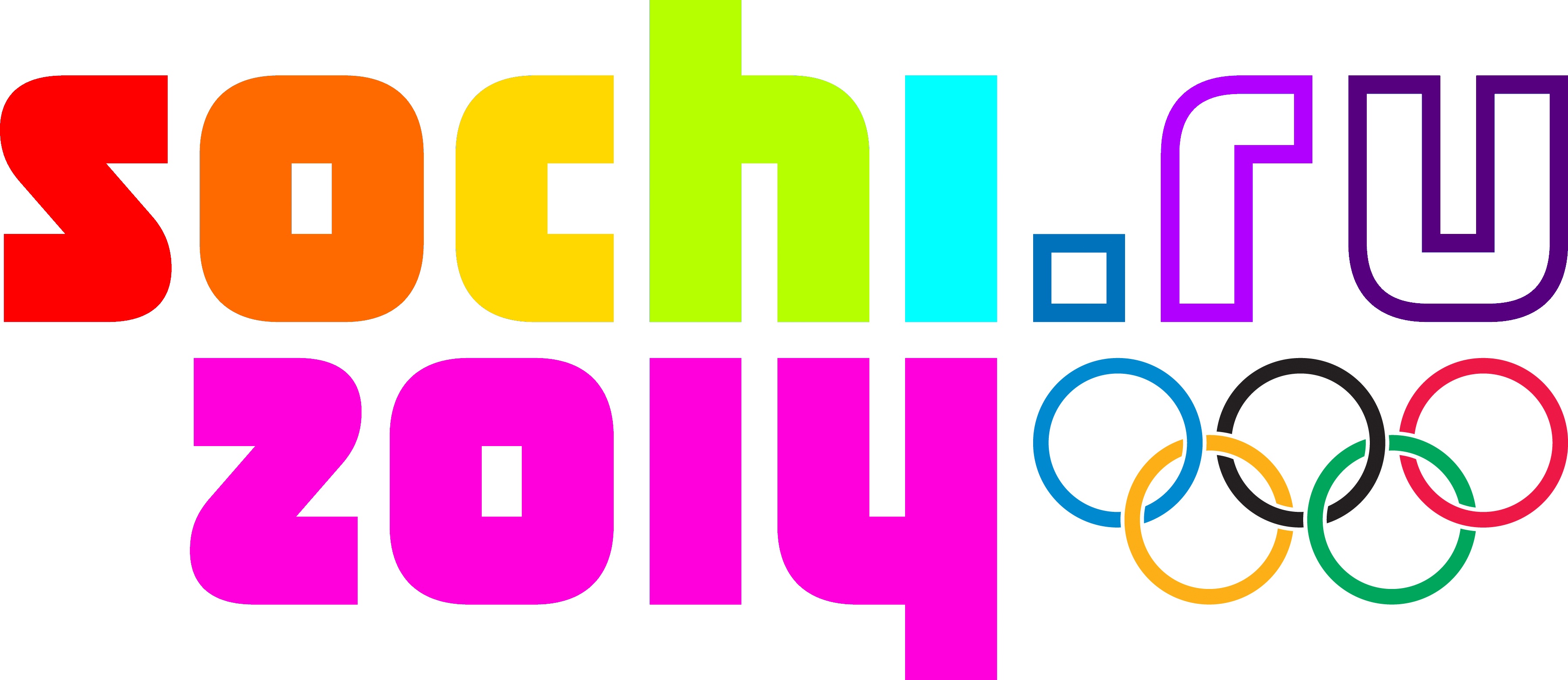By John Mack Freeman
I love the Olympics. For most of the year, I am an incredibly internationally-oriented person who believes that the interconnectedness of the world is a good thing. However, during the games, I swell with national pride, and I become Team USA all the way. My best friend Mandy and I had notoriously long viewing parties of all sorts of obscure events, and we loved it all. So, naturally with this being Olympics season, I’ve trained my eye on what’s going on in Sochi. And a lot of it is messy.
All previous Olympic games have had their problems. Athens had a guerilla marketing interloper invade a diving competition. Beijing came under continuous fire for human rights violations. Sochi is no different. There have been numerous reports that these $50 billion games were subjected to price gouging and shady dealings that ultimately did not leave the city ready in time for the games. The price tag on these games is 400 percent higher than budgeted, and makes these games more costly than all the other Winter Olympics combined. That’s 2.5 percent of Russia’s annual GDP. To put that in perspective, that would be the equivalent of the United States spending $400 million on the Olympics (roughly the GDP of the state of Massachusetts). But Russian President Vladimir Putin wanted this to put Sochi on the map and Russia back amongst the leading nations of the world.
However, the initial drive towards the game was riddled with problems. In fact, a quick search of Twitter for #SochiProblems reveals journalists with no rooms, hotels with no lobbies, water that couldn’t be drunk, and holes in the street with no covers. Mix this with a disastrous PR response that implied that journalists were being spied on in their hotel rooms by the Russian government, and Russia has received a fair amount of ribbing in the international press. Not the best face for an international event to say the least.
But what has made the Sochi Olympics so notorious is the anti-gay law that the Russian government passed last year. The law basically states that any pro-gay speech is prohibited if it could possibly be viewed by children. It also bans any positive discussion of homosexuality with a minor. This has, inevitably, lead to conflict.
In the leadup to the 2014 Winter Olympics Opening Ceremony, four activists were arrested. They were attempting to photograph themselves holding a banner that read “Discrimination is incompatible with the Olympic Movement. Principle 6. Olympic Charter”. This is the latest move by a government that has proven itself to be actively hostile to its LGBT community. PinkNews has compiled a list of 25 recent acts of anti-gay violence and discrimination. However, their characterization that these are “shocking” is a bit out of place; in a country where LGBT people have routinely been subjects of discrimination, this sort of violence and discrimination with quasi-governmental aid should surprise no one. The IOC is backing the arrests of protesters, saying that Russia has the right to enforce the laws of its country.
But the backlash against the Olympics isn’t coming only from individuals and specifically pro-LGBT organizations. Google, The Guardian, and Channel 4 all rebranded their websites into rainbow-themed displays on the eve of the start of the Olympics to speak out against Russia’s anti-gay laws. Ban Ki-moon, the Secretary General of the United Nations, gave a speech to the International Organizing Committee this week, telling them that everyone must raise their voices against anti-gay discrimination.
This backlash has grown from a steady thrum in the months leading up to the Olympics into a dull roar that has some advertisers looking to cover their backs. Coke, a major official sponsor of the Games, is a case-in-point. Last month, they rolled out a marketing campaign that allowed users to emboss messages of support for the Olympics onto an image of a can of Coke. However, the program would not accept the word “gay” though it would accept “straight.” The campaign was quickly taken down and an apology posted. But The New York Times has reported that Coke is also planning to run a 90-second version of its “America the Beautiful” spot that featured a gay family (and also raised the ire of many conservatives across the United States).
 Other sponsors have directly condemned Russia’s anti-gay laws. US Olympic sponsors DeVry University and Chobani have joined AT&T in issuing statements over the last week decrying the anti-LGBT content of Russia’s laws.
Other sponsors have directly condemned Russia’s anti-gay laws. US Olympic sponsors DeVry University and Chobani have joined AT&T in issuing statements over the last week decrying the anti-LGBT content of Russia’s laws.
Other companies are bailing on these Olympics due to safety concerns. Budweiser has garnered significant buzz at many Winter Games for the large parties that they throw. However, they will not be hosting one this year, and they are encouraging their representatives to avoid the games due to the increased probability of terrorist attacks and the company’s lack of trust in Russia’s safety precautions.
And NBC is caught between a rock and a hard place. Having spent billions of dollars on exclusive rights to the Olympics, NBC can’t be pleased with how much negative publicity that they garnered in the run-up to the start last week. They have also come under fire for editing out anti-discrimination portions of a speech given by the incoming chair of the International Olympic Committee.
All of these moves have made an event of international cooperation and collaboration a much more politicized event. Gay icons have been appointed to walk in the opening ceremonies for some countries. Gay support infiltrates tons of interviews with athletes at the peak of their game. And the rainbow and otherwise flamboyant outfits worn by many country’s delegations (including Germany and the official Sochi volunteers) have led to constant comparisons with the rainbow flag.
But let’s not forget that the law that started all of this is not that much different from many laws in the US. Eight states, including Tennessee, Texas, Alabama, and Utah, all have laws on their books that prohibit schools from teaching children about homosexuality in a positive light . So before we throw stones halfway around the world, we have some rooms in the American glass house that need to be tended to.
Russia anti-gay law is a tragedy for all the people of that country. The cronyism and corruption that went into building the games is a regrettable part of their history. The advertisers having to choose between a widely watched event and an ever more vocal and supported subset of the population is taxing. And the politicization of the games makes everybody a loser. The first principle of the Olympic Charter states “Olympism is a philosophy of life, exalting and combining in a balanced whole the qualities of body, will and mind. Blending sport with culture and education, Olympism seeks to create a way of life based on the joy of effort, the educational value of good example, social responsibility and respect for universal fundamental ethical principles.” Respect for all LGBT people is integral to this, but these games are not a political vehicle. It’s not about whether a bisexual won one of the first medals or how many out athletes are on the field. I mean, it is about that, of course, but the Olympics can and should be so much more.
At least in my humble opinion.
